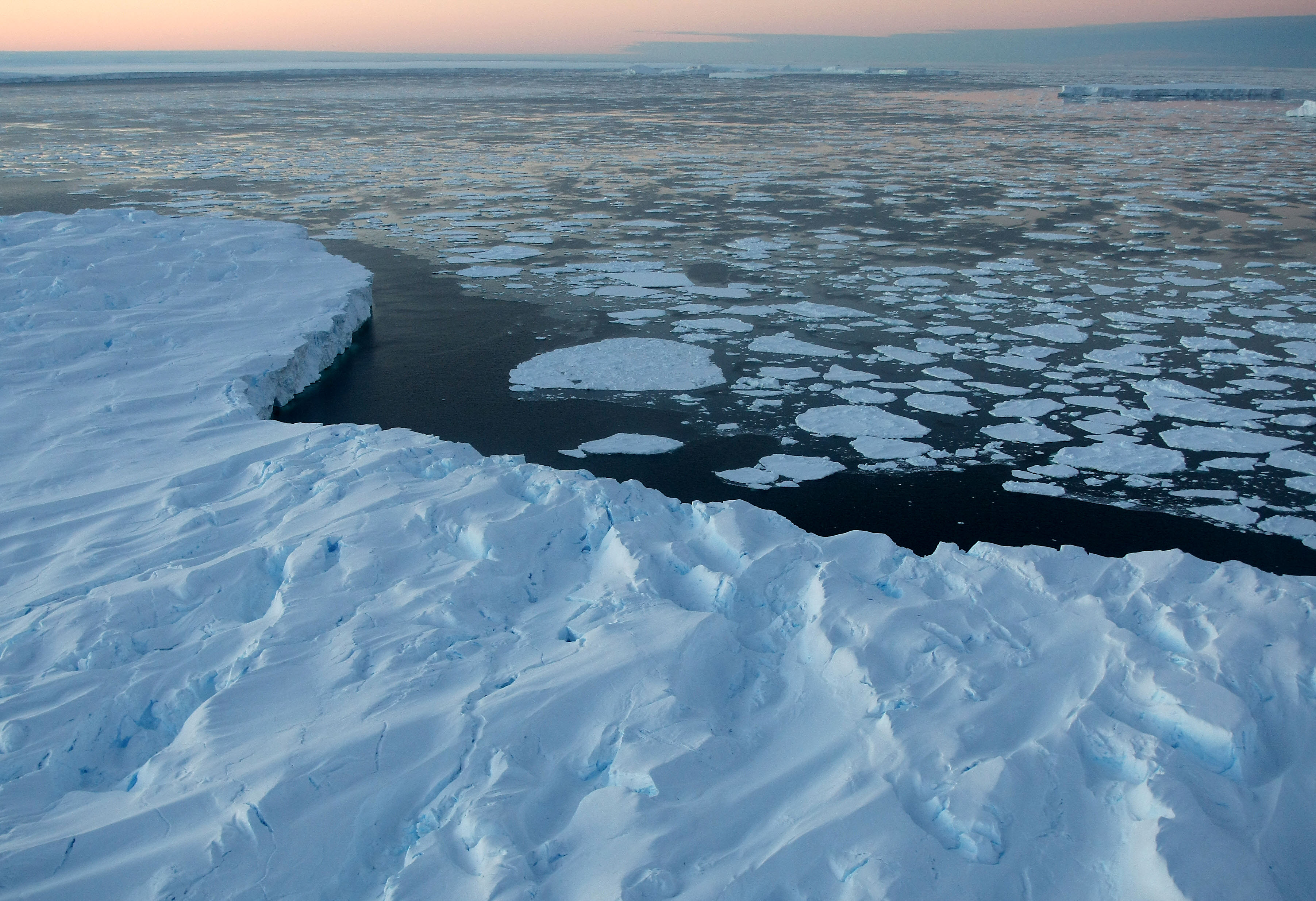Ta-Nehisi Coates' surprising explanation of climate change
Combating climate change is impossible if Americans see themselves as God's gift to the planet


A free daily email with the biggest news stories of the day – and the best features from TheWeek.com
You are now subscribed
Your newsletter sign-up was successful
Ta-Nehisi Coates' excellent new book Between the World and Me has been getting a lot of attention for what it says about racial injustice, white supremacy, and the American Dream. However, my favorite part of the book comes near the end, when he leaves the question of race to examine other issues, particularly climate change.
A great many American problems, by Coates' lights, come from the fact that the nation was simultaneously founded on a messianic self-conception and gruesome injustice — the high moral principles of the Declaration of Independence grafted onto an agrarian slave state. Ever since, brief, halting efforts at redressing the original sins of slavery and the extermination of Native Americans have run aground on the shoals of America's colossal self-regard.
Coates takes this tendency and applies it to climate change. America has always had an energy-gulping lifestyle of tank-sized cars, sprawling houses always set to 70 degrees, and big food portions with lots of meat. Climate policy is all but impossible if major changes to that lifestyle are ruled out as an infringement on the American Dream. It's long been clear that this will come back to bite us very soon — in fact, it's happening already.
The Week
Escape your echo chamber. Get the facts behind the news, plus analysis from multiple perspectives.

Sign up for The Week's Free Newsletters
From our morning news briefing to a weekly Good News Newsletter, get the best of The Week delivered directly to your inbox.
From our morning news briefing to a weekly Good News Newsletter, get the best of The Week delivered directly to your inbox.
[T]he damming of the seas for voltage, the extraction of coal, the transmuting of oil into food, have enabled an expansion in plunder with no known precedent. And this revolution has freed the Dreamers to plunder not just the bodies of humans but the body of the Earth itself... Something more fierce than Marcus Garvey is riding on the whirlwind. [Between the World and Me]
Of course, such an argument must come with some caveats. Other nations struggle with carbon emissions as well — Australia recently repealed its carbon tax, with disastrous results, and China is by far the world's top emitter today. But when you take historical emissions into account, America is by far the worst culprit overall.
It's doubly damning when you consider that the science of climate change has been fairly clear for over 30 years. As the top emitter for most of that time and as the world's most powerful nation, we would have been ideally placed to negotiate a binding international climate treaty. Instead, we dithered and procrastinated so long that the action required to keep warming under the internationally agreed limit of 2 degrees Celsius is looking all but impossible. We have begun some limited action, but given that one of two political parties has decided the whole thing is a socialist conspiracy, the prospect of achieving the necessary vigor looks dim.
Why? Because, as the first President Bush said at the Earth Summit in 1992, "The American way of life is not negotiable." It's hard to imagine someone from, say, Denmark saying something like that.
We should also note that a robust, critical self-examination does not entail admitting that America is a uniquely terrible, hateful place. On the contrary, since no nation is perfect, being and doing good is the result of consciously atoning for the sins of the past — not a self-indulgent wallowing in guilt, but concrete action.
A free daily email with the biggest news stories of the day – and the best features from TheWeek.com
But historically, Americans have not been too keen on this. As Rick Perlstein wrote in The Invisible Bridge, the greatest political asset of Ronald Reagan was his soothing argument that the Vietnam War implied nothing about the rottenness of the national character. Instead, we could just pretend it never happened!
Turns out it's easier to shout loudly about how America is the greatest nation that has ever existed than it is to undertake the painful, costly action that would make that claim true.
Ryan Cooper is a national correspondent at TheWeek.com. His work has appeared in the Washington Monthly, The New Republic, and the Washington Post.
-
 How the FCC’s ‘equal time’ rule works
How the FCC’s ‘equal time’ rule worksIn the Spotlight The law is at the heart of the Colbert-CBS conflict
-
 What is the endgame in the DHS shutdown?
What is the endgame in the DHS shutdown?Today’s Big Question Democrats want to rein in ICE’s immigration crackdown
-
 ‘Poor time management isn’t just an inconvenience’
‘Poor time management isn’t just an inconvenience’Instant Opinion Opinion, comment and editorials of the day
